Safe Haven will be an emergency shelter operating 24/7 and year-round with 36 beds for single women, women with children and up to two intact families.


Safe Haven will be an emergency shelter operating 24/7 and year-round with 36 beds for single women, women with children and up to two intact families.

The organization cited lingering economic effects of the COVID-19 pandemic, inflation, shifts in funding priorities and the need for facility repairs as reasons for the shortfall.

The showcase will feature more than a dozen local vendors in the industry, including photographers, florists, musicians and stationery printers.
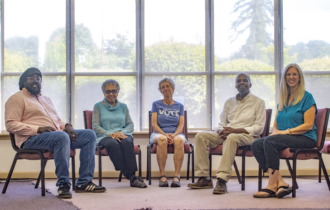
The all-volunteer, antiracism organization grew from a single nine-week course back in 1993.
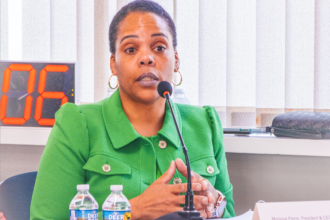
“We’ve been out of compliance for 14 years,” Housing Authority of the City of Asheville President and CEO Monique Pierre told a May 22 meeting of the HACA Board of Commissioners.
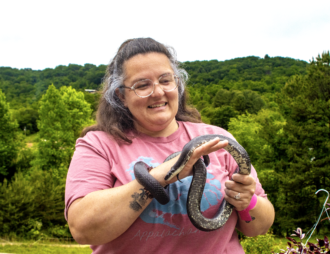
“It is interesting to me that anybody would think it’s OK to just walk up and grab a bear cub and not be concerned about where mama is,” says Appalachian Wildlife Refuge co-founder Savannah Trantham said. “If she had been close by, I think that you probably would have seen a different outcome.”
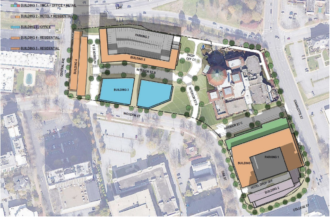
Project Aspire — a vast mixed-use, mixed-income venture slated for downtown Asheville — would have occupied 10.5 acres in downtown Asheville.
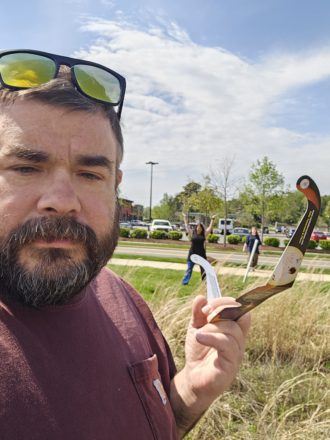
Forest Walters discusses the strong team of volunteers working at 12 Baskets Café.
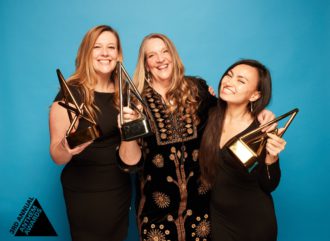
“I’m talking about roll up your sleeves, get down, get dirty, love, and connection and compassion,” says White, describing the Asheville-based nonprofit Let’s Choose Love. “And so, it became like a call to action. I thought, regardless of who we are, if we could let love be our guide in every decision in every interaction, we’d be fine.”

James Cassara, a volunteer at the YMCA of Western North Carolina, discusses the local nonprofit’s many services.

Melissa Gerhardt, a volunteer with Arms Around ASD, talks about the personal and social benefits of volunteering one’s time at a local nonprofit.
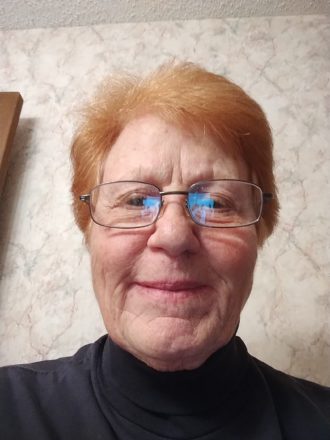
Nancy Tabel, a volunteer at Haywood Street Congregation, discusses the church’s efforts to address hunger and homelessness in Western North Carolina.

“We’re helping people as much as we’re helping cats, though it isn’t what we first set out to achieve,” says Nancy Gavin, cofounder of Laps and Naps, a local nonprofit serving senior cats.
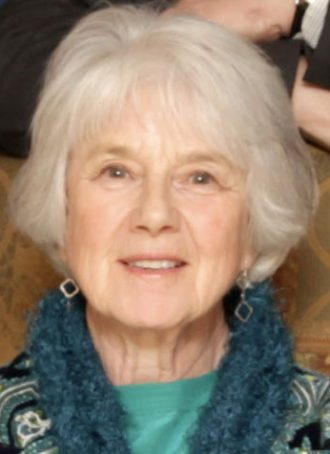
Samantha Maynard is a volunteer at Black Mountain Home for Children, a nonprofit that serves children as young as infants and as old as college age.

Peggy Crowe, a volunteer at Asheville Area Habitat for Humanity, discusses how the organization’s Women Build Advocacy Team changed her life.
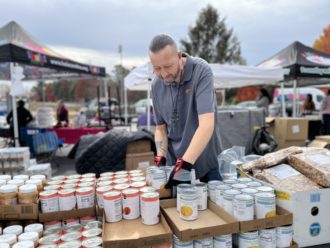
A recent community food assessment shows post-COVID food insecurity and hunger are surging in Macon, Swain and Jackson counties. The data is dire but could offer a roadmap for a better regional food system.

Kate Epsen, who serves as the chair for the Wilma Dykeman Legacy’s news committee on environmental integrity, is currently seeking community input on environmental justice. Photo courtesy of Epsen
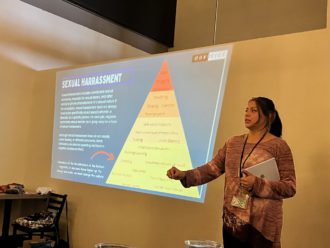
‘That’s just what it’s like working in a bar,’ some say. Others might push it aside for financial reasons — ‘Don’t you want more tips?’ But local advocates say addressing sexual harassment and sexual violence is key to preventing it from continuing. Especially in the hospitality industry, where it is prevalent.
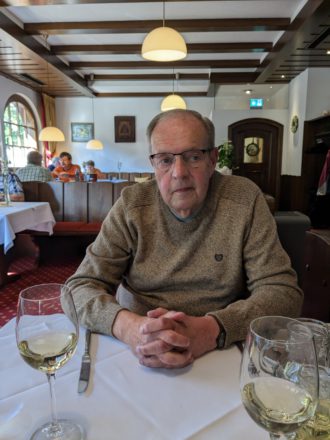
Frederick Carl DeTroia discusses the joys of working with young children through Big Brothers Big Sisters of Western North Carolina.

Sarah Jones Decker, a volunteer at Carolina Mountain Club, discusses the joys of being outside with like-minded hikers.

Ted Bytes, a volunteer at Meals on Wheels of Asheville & Buncombe County, encourages everyone to jump into the volunteer experience.